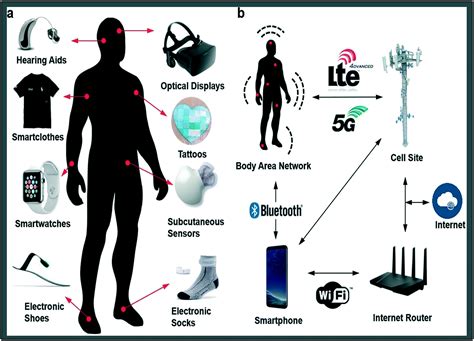Introduction
Veterinary medicine has witnessed significant advancements in recent years, leading to improved pet health outcomes and enhanced well-being. Research plays a pivotal role in driving these advancements, fueling innovation and informing best practices. This article delves into the current state of pet health research and studies, highlighting key trends and emerging areas of focus.

Advancements in Veterinary Medicine
Since 2010, the veterinary industry has experienced a surge in investment in research and development. The American Pet Products Association (APPA) estimates that pet care spending will reach $123.6 billion in 2023, with healthcare accounting for a significant portion. This increased funding has facilitated the development of cutting-edge diagnostic tools, effective treatments, and preventive measures.
Key Trends in Pet Health Research
- Precision medicine: Using genetic and genomic information to tailor treatments to individual pets, improving outcomes and minimizing adverse effects.
- One Health approach: Recognizing the interconnectedness of animal, human, and environmental health, leading to advancements in disease surveillance and prevention.
- Data analytics and artificial intelligence (AI): Leveraging large datasets and AI algorithms to enhance diagnostics, predict health risks, and optimize treatment plans.
Emerging Areas of Focus
In addition to ongoing efforts to improve pet health outcomes, researchers are exploring new and emerging areas of focus, including:
- Animal welfare and ethics: Investigating the emotional and physical well-being of pets, promoting responsible ownership and ethical practices in animal care.
- Comparative oncology: Studying cancers in pets to gain insights into cancer biology and develop more effective therapies that can benefit both humans and animals.
- Veterinary rehabilitation: Providing physical therapy, cognitive training, and other interventions to improve mobility, function, and quality of life for injured or sick pets.
Supporting Pet Health Research
To sustain the progress in pet health research, continued support from various stakeholders is crucial. Pet owners, veterinarians, industry partners, and government agencies play a critical role in:
- Funding research: Providing financial resources to support research institutions, universities, and non-profit organizations.
- Participating in research studies: Enrolling pets in clinical trials and data collection initiatives to contribute to scientific advancements.
- Advocating for policies: Supporting legislation that promotes pet health research and protects animals.
Pet Health Challenges and Solutions
Pet health research addresses a wide range of challenges, including:
- Obesity: Over 60% of dogs and cats in the United States are overweight or obese, leading to increased risk of chronic diseases. Research focuses on nutritional interventions, behavior modification, and surgical options to address this growing problem.
- Chronic diseases: Conditions such as arthritis, heart disease, and diabetes are prevalent in pets as they age. Researchers are developing new treatments and therapies to manage these conditions and improve pet quality of life.
- Infectious diseases: Emerging and re-emerging infectious diseases pose a significant threat to pets. Research focuses on developing effective vaccines, antiviral therapies, and surveillance systems to prevent and control these diseases.
Innovative Research Approaches
The following approaches are driving innovation in pet health research:
- Wearable technology: Devices that monitor pet activity, sleep patterns, and other health parameters, providing valuable data for preventive care and early detection of disease.
- Regenerative medicine: Utilizing stem cells and other techniques to repair damaged tissues and organs, offering potential treatments for conditions such as arthritis and spinal cord injuries.
- Microbiome research: Exploring the role of the microbiome in pet health, including its impact on nutrition, immunity, and behavior, opening new avenues for disease prevention and treatment.
Conclusion
Pet health research and studies continue to play a vital role in improving the health and well-being of our beloved companions. By supporting research efforts, embracing emerging technologies, and addressing key challenges, we empower the veterinary community to provide pets with the best possible care. As we move towards 2025 and beyond, the future of pet health research holds endless possibilities, promising new advancements and enhanced outcomes for our furry friends.





















